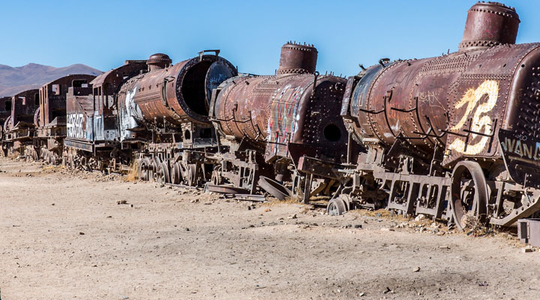This simulation game focuses on illustrating conflicts that revolve around land. The issues are mani-fold: What are different perceptions and ideas about how to use and cultivate land? How to distribute land and what it produces? How to govern the land in order to mitigate ecologic disaster, quell socie-tal conflicts and secure economic growth? The participants simulate a large national conference in which the actors try to cooperate in order to find common answers to these pressing issues.
Scenario & Procedure
The simulation game takes place in the fictitious country of Bosconia where actors meet at the 1st National Unity Conference (NUC). Bosconia’s people are divided over a host of socio-ecological ques-tions. Large groups feel discriminated against; minorities fear for their traditional territory and ways of life; parts of the country are looking for places to create new livelihoods; youth and women are chal-lenging the conservative status quo.
The NUC’s main goal is to develop a charta for an unpopulated part of the country called Terra In-cognita (TI). Experts from all over the country gather, in order to develop a roadmap on how to define the legal status of TI, how it should be developed economically and on how cultural heritage could be preserved. During the first phase, each committee will develop a needs assessment to better un-derstand possible courses of action. The second phase aims at finding solutions, while the third phase focuses on finding agreements to the previously developed solutions.
Objectives
The simulation game provides the participants with the adequate space to test conflict resolution skills. It allows the participants to enhance their decision-making and rapport building skills within challenging negotiations. Here they can directly experience the dynamic nature of conflicts. On a practical level participants learn how to deal with a group of diverse advocates, how to deal with hidden agendas and how to reach collective agreements. Moreover, participants gain in-depth knowledge about prototypical conflict lines of land related conflicts, e.g. rural & urban divides, agri-culture & pastoral land use, subsistence vs. industrial farming, cultural differences regarding land clearing, spiritual vs. pragmatic perceptions of land, etc.
Learning Goals
- Understanding the context of social-environmental conflicts on local and national levels
- Better understanding of con-cepts and methods in conflict analysis and peaceful conflict resolution
- Understanding the processes of national dialogue
- Learning how to overcome “power-gaps” in socio- environmental conflicts
- Strategies of multi-actor-conflict-transformation


